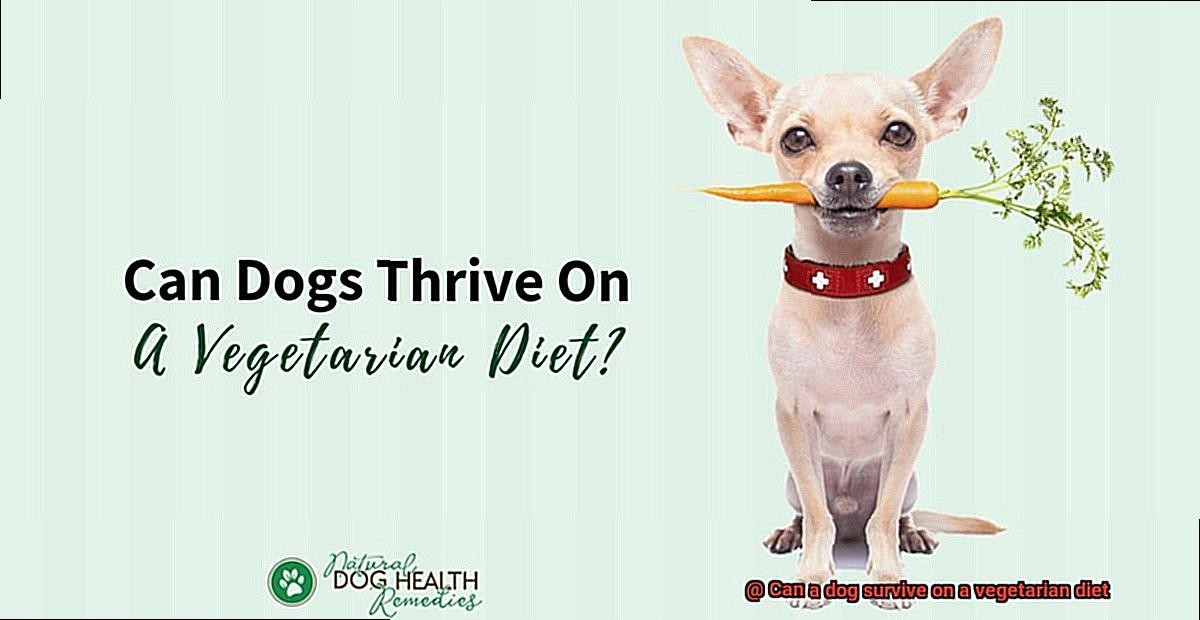Can a dog survive on a vegetarian diet?
Are you wondering if your furry friend can go green and survive on a vegetarian diet? Well, you’re not alone. As more of us embrace plant-based lifestyles, the question of extending this choice to our four-legged companions has sparked curiosity. But before we dive in, let’s have an open-minded discussion about the potential benefits and drawbacks of a vegetarian diet for dogs.
Can a dog survive on a vegetarian diet?
Contents
- 1 Can a dog survive on a vegetarian diet?
- 2 The Carnivorous Nature of Dogs
- 3 Plant-Based Diets May Not Provide Essential Nutrients for Dogs
- 4 Protein Requirements for Dogs
- 5 Amino Acids Necessary for Dog Health
- 6 Vitamins and Minerals Needed in a Dog’s Diet
- 7 Supplementing a Vegetarian Diet for Dogs
- 8 Formulated Vegetarian Diets for Dogs
- 9 Consulting with an Expert Before Switching to a Vegetarian Diet
- 10 Conclusion
Medical Considerations:
Now, dogs are natural omnivores. They’re built to chow down on both plants and animals. But here’s the catch – they have specific nutritional needs that must be met for their overall health. Things like protein, essential amino acids, vitamins (like B12 and D), minerals (hello calcium, iron, and zinc.), and those fabulous essential fatty acids are typically found in meat-based diets.
Sure, it’s possible to whip up a well-balanced vegetarian menu for your pup using plant-based protein sources like soy or quinoa. But making sure they get all those essential nutrients can be a challenge. You’ll need to pay extra attention to formulation and supplementation to avoid any deficiencies that could put their health at risk.
Ethical Considerations:
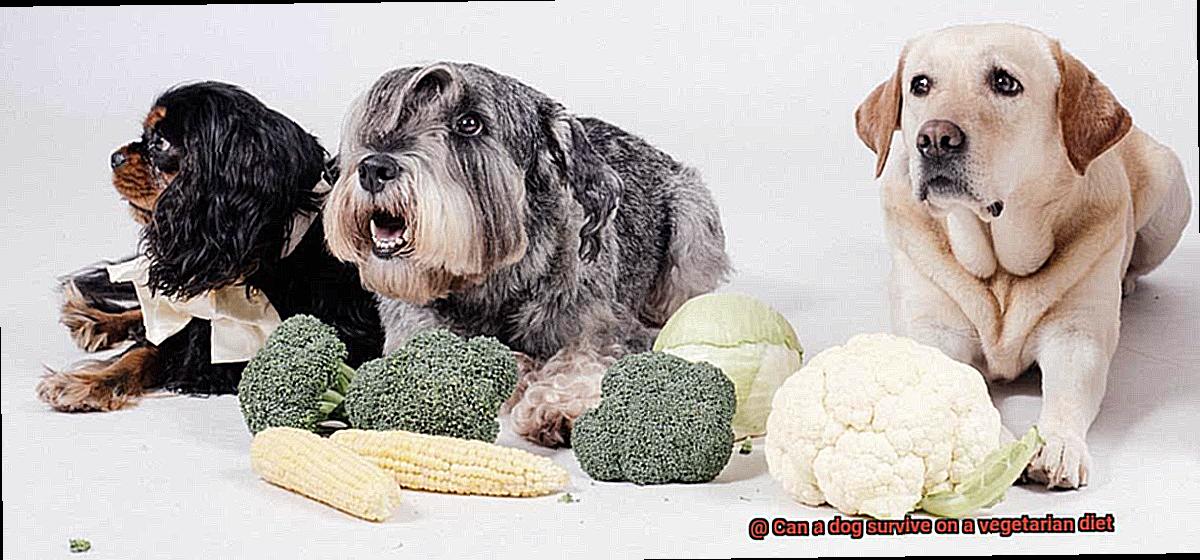
Now, let’s talk ethics. Many folks choose vegetarianism because they care about animal welfare and reducing their consumption of animal products. And hey, that’s commendable. But here’s the thing – dogs are descendants of carnivorous ancestors who had some serious meat cravings. It’s part of their natural makeup.
While some argue that certain dogs can adapt to a vegetarian lifestyle, we need to remember not to impose our ethical choices onto animals who may not share the same dietary naturality. We gotta find that delicate balance between our choices as humans and what our beloved canines truly need.
So there you have it – the million-dollar question: Can your dog survive on a vegetarian diet? It’s not a simple yes or no. It’s a complex topic that involves both medical and ethical considerations.
If you’re thinking about going veggie for your pup, make sure to consult with a qualified veterinary professional. They’ll help you plan a nutritionally balanced diet, provide the right supplements, and keep an eye on your fur baby’s health along the way.
Remember, it’s all about finding what works best for your furry friend while respecting their natural instincts and nutritional needs.
The Carnivorous Nature of Dogs
One crucial aspect of their well-being is understanding their carnivorous nature and providing them with a diet that aligns with their biological needs. In this article, we will explore why dogs are natural meat-eaters and why it is vital for their overall health.
Why are Dogs Carnivorous?
An Evolutionary Design:
Dogs have evolved as carnivorous animals, with bodies specifically adapted to consume meat. Their sharp teeth and strong jaw muscles are designed for tearing and chewing meat, allowing them to efficiently extract nutrients from animal proteins.
Digestive System:
Dogs have shorter digestive tracts compared to herbivores, enabling them to digest meat more quickly. Additionally, their stomachs produce high levels of hydrochloric acid, aiding in the breakdown of proteins.
The Importance of Meat in a Dog’s Diet:
Essential Nutrients:
Animal-based proteins provide essential nutrients such as amino acids, vitamins (like B12), and minerals (like iron and zinc) that are crucial for your French Bulldog’s optimal health. These nutrients support muscle development, growth, and overall well-being.
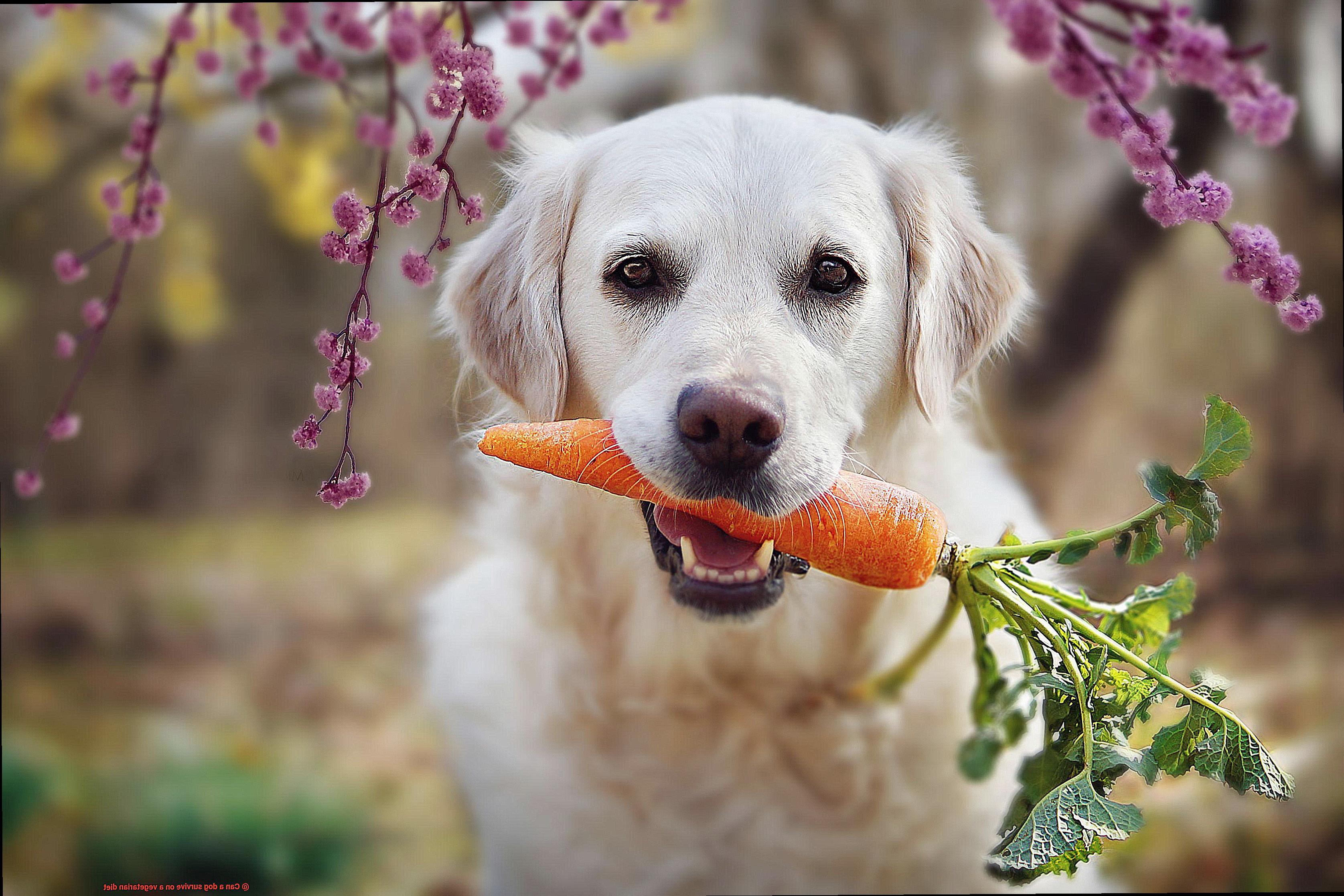
Unique Nutritional Needs:
Dogs require specific nutrients like taurine and arachidonic acid that are only found in animal products. A vegetarian diet may lack these nutrients, leading to nutritional deficiencies and potential health problems.
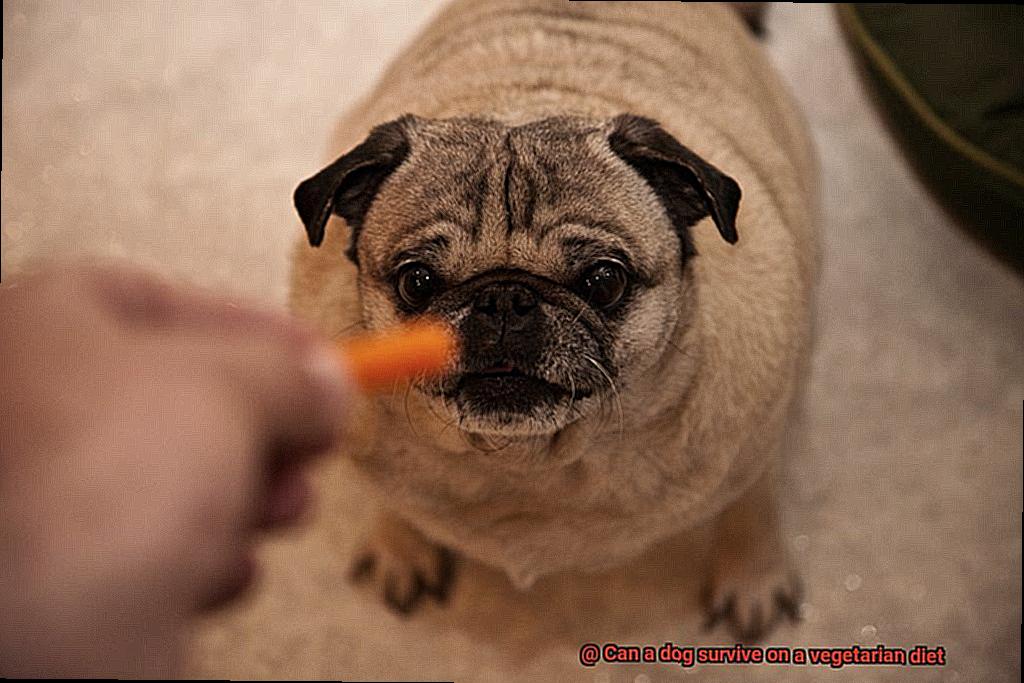
Challenges of Vegetarian Diets:
While it is possible to formulate a vegetarian diet for dogs using plant-based ingredients, it requires careful planning and supplementation to ensure all nutritional needs are met. Consulting with a veterinarian or veterinary nutritionist is essential before making any dietary changes.
Understanding the carnivorous nature of dogs, including French Bulldogs, is crucial for providing them with a balanced and nutritious diet. While vegetarian diets may be an option for some owners, it is vital to consult with professionals to ensure all nutritional needs are met. Ultimately, a diet that includes high-quality animal-based proteins is recommended for your French Bulldog’s optimal health and well-being.
Plant-Based Diets May Not Provide Essential Nutrients for Dogs
French Bulldogs, with their unique charm and compact size, have become one of the most popular dog breeds around. As a responsible French Bulldog owner, you want to make sure your furry friend is receiving the best nutrition possible. While plant-based diets have gained popularity among humans, it’s essential to understand that they may not be suitable for our carnivorous companions. Here’s why:
Protein: The Building Block of Strength
Protein is a crucial nutrient for French Bulldogs as it supports muscle growth, tissue repair, and a healthy immune system. Plant-based sources of protein, such as beans and lentils, are less bioavailable and may lack essential amino acids. This can lead to inadequate protein intake, hindering your Frenchie’s overall health and vitality.
Vitamin B12: Vital for Nerve Function
Vitamin B12 is predominantly found in animal-based foods and is essential for proper nerve function and the formation of red blood cells. Without sufficient B12 intake from meat or animal products, French Bulldogs may develop neurological issues and anemia.
Fatty Acids: The Key to a Shiny Coat
Healthy skin and a lustrous coat are signs of a well-nourished Frenchie. Omega-3 and omega-6 fatty acids, primarily found in animal-based sources like fish oil or meat, play a vital role in maintaining skin health and supporting cardiovascular function. A plant-based diet may not provide adequate amounts of these essential fatty acids.
Essential Vitamins and Minerals: The Missing Puzzle Pieces
Iron, calcium, zinc, and vitamin D are just a few of the essential vitamins and minerals that dogs require for various bodily functions. Plant-based diets may not provide sufficient amounts of these nutrients, potentially leading to deficiencies and health problems down the line.
While some dogs can survive on vegetarian diets, it’s crucial to understand that they may not thrive or reach their full potential in terms of health and longevity. If you choose to feed your French Bulldog a plant-based diet, consult with a veterinarian or a veterinary nutritionist to ensure all essential nutrients are adequately supplemented to meet your Frenchie’s specific needs. Remember, your dog’s well-being should always be the top priority.
Protein Requirements for Dogs
French Bulldogs are beloved companions known for their playful and affectionate nature. As dog owners, we want to provide them with the best nutrition possible to ensure their overall well-being. One important aspect of their diet is protein, which plays a crucial role in their growth and development. In this article, we will explore the protein requirements for French Bulldogs and discuss the potential risks of switching to a vegetarian diet.
Protein is essential for dogs as it helps build and repair muscles, supports a healthy immune system, and aids in hormone production. The Association of American Feed Control Officials (AAFCO) recommends that adult dogs receive a minimum of 18% protein in their diet. However, puppies and pregnant or lactating dogs require a higher percentage to support their rapid growth and increased energy needs.
When it comes to protein sources, animal-based proteins such as meat, poultry, fish, and eggs are considered complete proteins. This means they provide all the essential amino acids that dogs need. On the other hand, plant-based protein sources like legumes, soybeans, and grains are considered incomplete proteins as they lack certain essential amino acids.
While it is possible to combine different plant-based protein sources to create a balanced amino acid profile for dogs, it’s important to consult with a veterinarian before introducing any new food into your French Bulldog’s diet. Some vegetables and legumes can be toxic to dogs, so it’s crucial to ensure their safety.
Switching a French Bulldog to a vegetarian diet may seem like a compassionate choice, but it’s essential to consider the potential risks. A vegetarian diet may not provide all the necessary nutrients in the right proportions for optimal health. Dogs require specific nutrients like vitamin B12, vitamin D3, and certain omega-3 fatty acids that are predominantly found in animal-based products.
Vitamin B12 is vital for energy production and the health of the nervous system. It is primarily found in animal-based foods, making it challenging for dogs on a vegetarian diet to obtain adequate levels. Vitamin D3, important for bone health and immune function, is also predominantly found in animal-based sources.
Omega-3 fatty acids, such as EPA and DHA, are essential for brain development and a healthy coat and skin. While plant-based sources like flaxseed and chia seeds contain omega-3 fatty acids, they provide a form called ALA, which needs to be converted to EPA and DHA in the body. Dogs have limited ability to convert ALA into the active forms, making it more difficult for them to obtain sufficient omega-3 fatty acids from plant-based sources alone.
Amino Acids Necessary for Dog Health
French Bulldogs are adorable and beloved pets known for their playful personalities and unique appearance. As a responsible French Bulldog owner, it’s essential to understand the importance of amino acids in your furry friend’s diet. Amino acids are the building blocks of proteins, which are crucial for your dog’s overall health and well-being. Let’s dive into the top amino acids every French Bulldog needs for optimal health.
Methionine – The Beauty Booster
Methionine is an essential amino acid that plays a vital role in maintaining healthy skin, coat, and nails. It also supports liver health, ensuring your French Bulldog’s internal organs are functioning properly. To provide an adequate amount of methionine, include high-quality animal-based proteins like chicken or beef in your dog’s diet.
Lysine – The Growth Guru
Lysine is another essential amino acid that is particularly important for growing French Bulldogs. It aids in their growth and development and helps with the absorption of calcium, promoting strong bones and teeth. Look for animal-based protein sources such as fish or eggs to ensure your Frenchie gets enough lysine.
Tryptophan – The Calming Companion
Tryptophan is a crucial amino acid that plays a significant role in maintaining a healthy nervous system and promoting proper sleep patterns in dogs. If your French Bulldog seems anxious or has trouble sleeping, consider adding turkey or chicken to their diet, as these protein sources are rich in tryptophan.
Remember, while some amino acids can be found in plant-based sources, it’s important to note that dogs are primarily carnivorous animals. They have evolved to thrive on diets that include animal protein, which provides all the essential amino acids they need in the correct proportions.
But what about vegetarian diets for French Bulldogs? Well, it’s a bit more complicated. While it may be possible for a dog to survive on a vegetarian diet with proper supplementation, it can be challenging to ensure they get all the necessary nutrients. One amino acid that is particularly hard to come by in plant-based diets is taurine.
Taurine is essential for heart health and vision in dogs. Without sufficient taurine intake, French Bulldogs can develop serious heart conditions and vision problems. Commercial vegetarian dog foods may supplement with synthetic or plant-based sources of essential amino acids, but it’s always best to consult with a veterinarian or veterinary nutritionist before making any dietary changes.
Vitamins and Minerals Needed in a Dog’s Diet
French Bulldogs are adorable and energetic companions that bring joy to our lives. As responsible pet owners, it is our duty to ensure they receive a well-balanced diet that meets their nutritional needs. In this comprehensive guide, we will delve into the vitamins and minerals necessary for French Bulldogs, highlighting the importance of these nutrients for their overall health and well-being.
Vitamins for French Bulldogs:
Vitamin A:
- Essential for healthy vision, growth, and immune system support.
- Animal sources: Liver, fish oil, egg yolks.
- Plant sources: Carrots, sweet potatoes, spinach.
- Note: Dogs on a vegetarian diet may require additional supplementation or consultation with a veterinarian.
Vitamin D:
- Regulates calcium and phosphorus levels for bone health.
- Sources: Fatty fish like salmon and mackerel.
- Vegetarian options may need fortified foods or supplements.
Minerals for French Bulldogs:
Calcium:
- Crucial for bone development and muscle function.
- Animal sources: Dairy products like milk and cheese.
- Vegetarian alternatives: Calcium-fortified soy milk or tofu.
Iron:
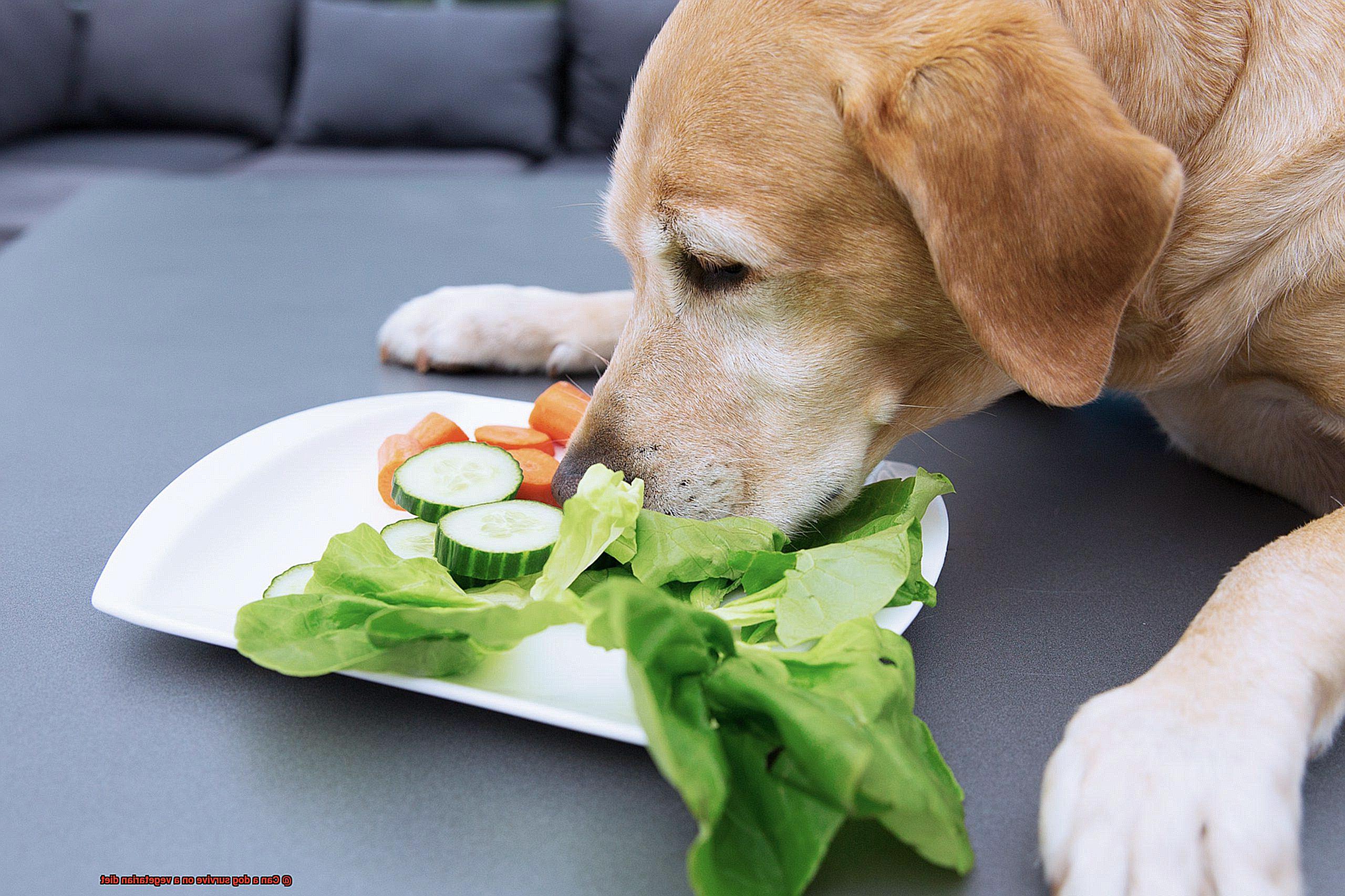
- Important for red blood cell production and preventing anemia.
- Animal sources: Meat, liver, eggs.
- Plant-based sources: Legumes, tofu, spinach.
Omega-3 Fatty Acids:
- Promote overall health, including skin and coat condition.
- Sources: Fatty fish (salmon, sardines), flaxseed oil, algae-based supplements.
Supplementing a Vegetarian Diet for Dogs
If you follow a vegetarian lifestyle, you may be wondering if it’s possible to extend this dietary choice to your French Bulldog. In this article, we will explore the importance of supplementing a vegetarian diet for dogs and provide key considerations to keep in mind.
Protein Sources:
Protein is essential for your French Bulldog’s growth, muscle development, and overall health. While meat is the primary source of protein for dogs, vegetarian options can also provide adequate protein. Plant-based protein sources such as soy, quinoa, lentils, and beans can be included in your dog’s diet. Combining these sources ensures a complete amino acid profile, which is crucial for your dog’s well-being.
Essential Nutrients:
In addition to protein, your French Bulldog requires essential nutrients like vitamins, minerals, and fatty acids. Some of these nutrients may be lacking in a vegetarian diet, so it’s important to find suitable alternatives. For example, omega-3 fatty acids found in fish can be replaced with flaxseed or algae oil supplements to support your dog’s heart health and promote a shiny coat.
Consultation with a Veterinarian:
Before making any dietary changes for your French Bulldog, it’s crucial to consult with a veterinarian who specializes in canine nutrition. They will assess your dog’s specific needs and recommend appropriate supplements or dietary adjustments to ensure optimal nutrition. Their expertise will help you make informed decisions about your dog’s diet.
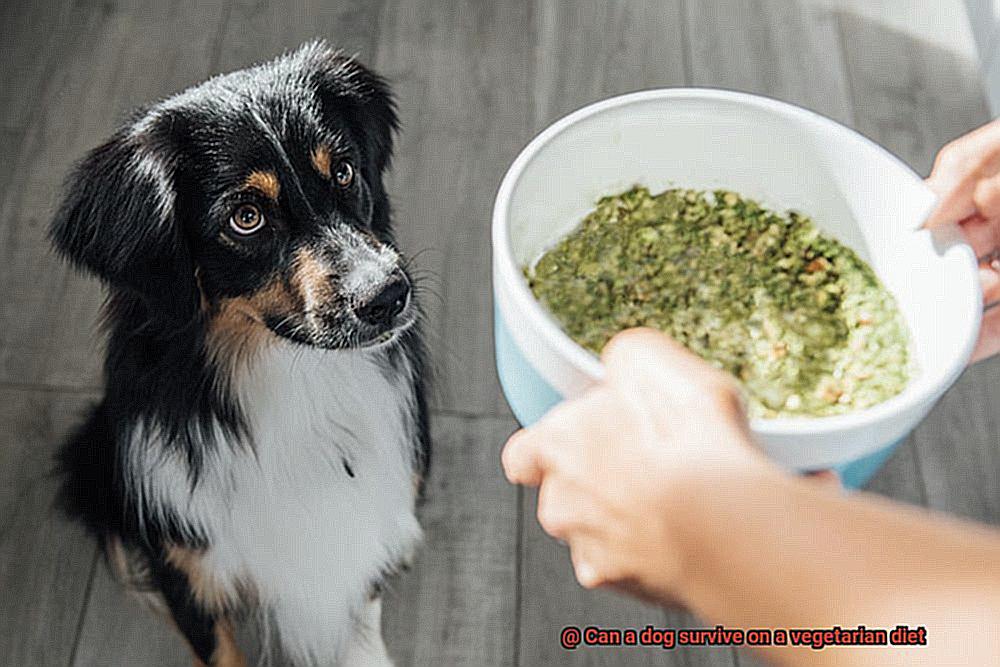
Balanced Meals:
To provide a well-rounded vegetarian diet for your French Bulldog, it’s important to create balanced meals that include a variety of vegetables, grains, and legumes. This ensures a wide array of nutrients and helps prevent deficiencies. While commercial vegetarian dog food options are available, it’s essential to carefully evaluate their nutritional content and choose high-quality options.
Regular Monitoring:
Once your French Bulldog is on a vegetarian diet, it’s important to monitor their overall health and well-being regularly. Look out for signs of deficiencies or imbalances, such as a dull coat, lethargy, or digestive issues. Regular veterinary check-ups will help identify any concerns and address them promptly.
Transitioning Gradually:
To minimize any digestive upset, it’s best to transition your French Bulldog gradually from their current diet to a vegetarian one. Start by incorporating small portions of vegetarian food into their meals and gradually increase the amount over time. This allows their digestive system to adjust slowly and ensures a smoother transition.
Formulated Vegetarian Diets for Dogs
If you’re considering feeding your fur baby a formulated vegetarian diet, you’ve come to the right place. In this paw-some blog post, we’ll delve into the considerations and potential benefits of nourishing your French Bulldog with a vegetarian diet. So, grab a cup of tea, sit back, and let’s embark on this exciting journey together.
Considerations:
- Essential Nutrients: Dogs, including French Bulldogs, need a well-balanced diet to thrive. When opting for a vegetarian diet, it’s crucial to ensure they receive all the essential nutrients they would typically obtain from animal sources. These include amino acids, vitamins, and minerals.
- Sourcing and Supplementation: Formulated vegetarian diets for dogs are specially designed to meet their nutritional needs without animal products. These diets carefully source plant-based ingredients such as soy, peas, and lentils to provide necessary protein. Additionally, supplements may be added to ensure a complete and balanced nutrition profile.
Benefits:
- Allergy-Friendly: Some French Bulldogs may have allergies or intolerances to animal proteins. A formulated vegetarian diet can be a suitable option for these pups, providing them with an alternative protein source while avoiding allergens.
- Environmental Impact: By choosing a vegetarian diet for your French Bulldog, you’re also making an eco-conscious decision. Plant-based diets have a lower carbon footprint compared to traditional meat-based diets, contributing to a greener planet.
Ingredients:
- Whole Grains: Brown rice and oats are commonly found in vegetarian dog food as they provide carbohydrates and fiber essential for digestive health.
- Legumes: Chickpeas and lentils are excellent plant-based protein sources that can fuel your French Bulldog’s active lifestyle.
- Vegetables: Carrots and sweet potatoes add tasty nutrition, packed with vitamins and minerals to support overall health.
Expert Guidance:
While dogs are technically omnivores, it’s important to remember that their natural diet includes animal-based proteins. To ensure your French Bulldog thrives on a vegetarian diet, consult with a veterinarian or veterinary nutritionist. They can guide you in choosing a high-quality formulated vegetarian diet and monitor your pup’s health and well-being.
Consulting with an Expert Before Switching to a Vegetarian Diet
You’re thinking about switching your French Bulldog to a vegetarian diet? That’s fantastic. But before you dive headfirst into the world of plant-based pet nutrition, it’s essential to consult with an expert. Here’s why:
Tailoring the Diet to Your Frenchie’s Needs:
Just like humans, every dog is unique and has specific nutritional requirements. Consulting with an expert, such as a veterinarian or canine nutritionist, ensures that your Frenchie’s vegetarian diet is tailored to their individual needs. Factors like age, breed, size, activity level, and existing health conditions are taken into account. This personalized approach guarantees that your furry friend receives all the necessary nutrients.
Understanding Canine Nutritional Requirements:
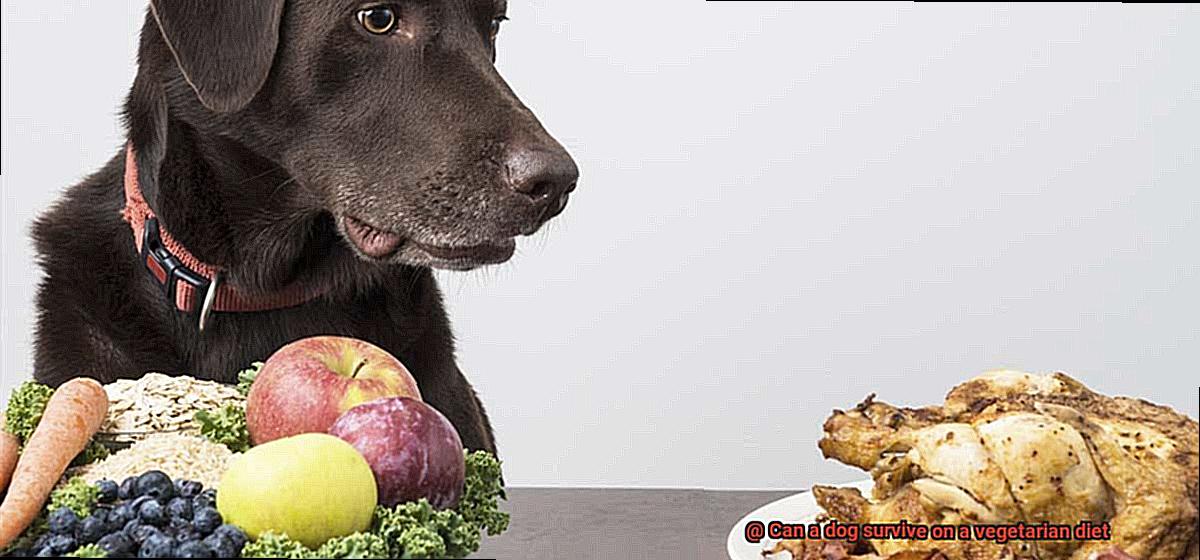
Dogs are carnivores by nature, so switching them to a vegetarian diet requires careful consideration. Experts possess in-depth knowledge about canine nutritional requirements and can guide you through the complexities of formulating a balanced vegetarian diet for your Frenchie. They will help you ensure that your dog receives adequate protein, vitamins, minerals, and other essential nutrients.
Addressing Concerns and Challenges:
Switching to a vegetarian diet may raise concerns or challenges for both you and your Frenchie. An expert can help address these issues by providing guidance on sourcing high-quality vegetarian dog food options or suggesting appropriate supplements. They can also assist in identifying potential dietary restrictions or allergies that may need alternative solutions.
Peace of Mind and Science-Based Evidence:
Deciding to switch your Frenchie to a vegetarian diet might come with its fair share of doubts and concerns.
By consulting with an expert, you gain access to scientific evidence, research-based information, and success stories of dogs thriving on vegetarian diets.
This reassurance allows you to make informed decisions about your Frenchie’s dietary choices.
MlTlxwlplwU” >
Conclusion
In conclusion, it is possible for a dog to survive on a vegetarian diet. However, it requires careful planning and consideration to ensure that all of their nutritional needs are met. While dogs are primarily carnivorous animals, they can adapt to a plant-based diet with the help of supplements and balanced meals.
But let’s not forget that dogs have evolved as hunters and scavengers over thousands of years. Their natural instinct is to consume meat, which provides essential nutrients like protein, vitamins, and minerals that are vital for their overall health and well-being.
While some vegetarian dog food options exist in the market, it’s important to note that not all of them are created equal. Many commercial vegetarian dog foods lack the necessary nutrients found in animal-based products. Therefore, consulting with a veterinarian or a canine nutritionist is crucial in formulating an appropriate vegetarian diet plan for your furry friend.
Additionally, it’s worth mentioning that certain breeds or individual dogs may have specific dietary requirements that make a vegetarian diet less suitable for them. For example, working dogs or those with certain medical conditions may need higher levels of protein or specific nutrients that may be challenging to obtain solely from plant-based sources.
Ultimately, the decision to feed your dog a vegetarian diet should be made with careful consideration and consultation with professionals who specialize in canine nutrition. By prioritizing your dog’s health and well-being above all else, you can ensure they receive the proper nourishment they need while adhering to your personal beliefs about vegetarianism.
Remember, every dog is unique, and what works for one may not work for another. So always monitor your dog’s health closely when transitioning them onto a vegetarian diet and be prepared to make adjustments if needed.
